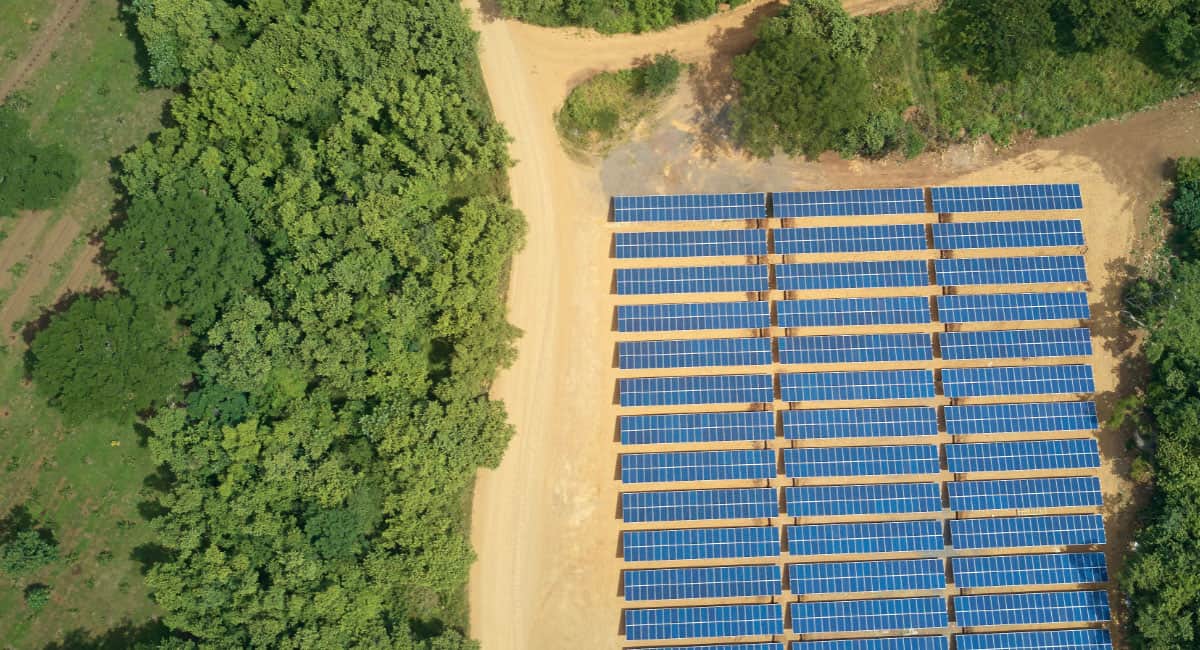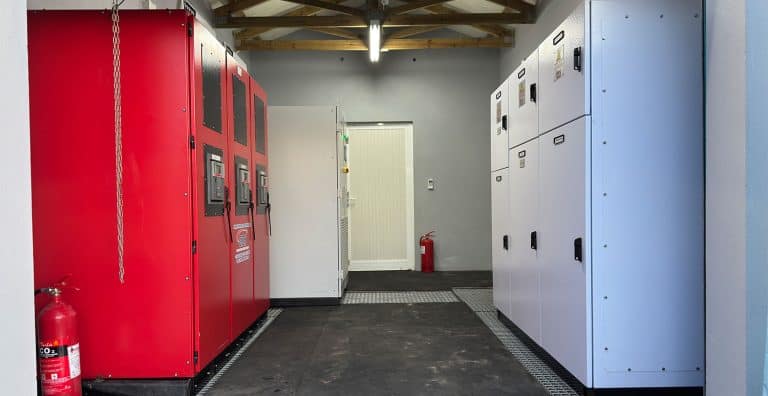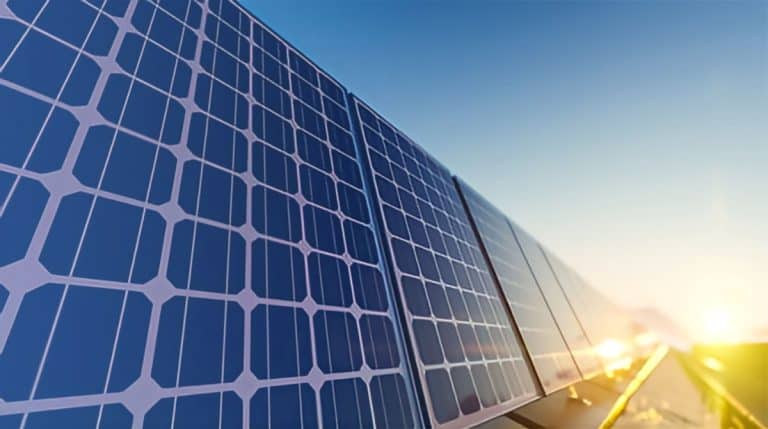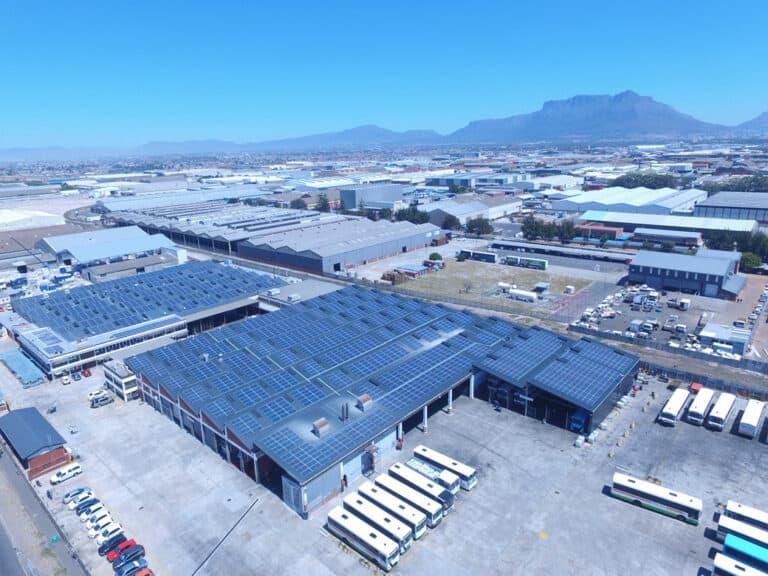Agricultural solar – why you should consider this for your farm
It is no secret that the farming sector in Africa faces many challenges. From power shortages to unpredictable rainfall caused by climate change to fuel price increases, it is a complex industry in which to operate.
The good news is that agricultural solar systems provide an accessible solution to many of these challenges. Not only will it save the farm money, but it will also provide other benefits

Agricultural solar – how it works
In short, solar power works by harnessing the sun’s energy and converting this to usable electricity. Agricultural solar plants can be built on building roofs or open spaces of land. Solar power is used to generate electricity, pump and heat water, and cool warehouses. It can fulfill many essential functions on a farm.
The use of solar energy has grown so widely that it has now become a preferred method of energy supply in this sector. Farmers across Africa are increasingly investing in this cost-saving and sustainable technology.
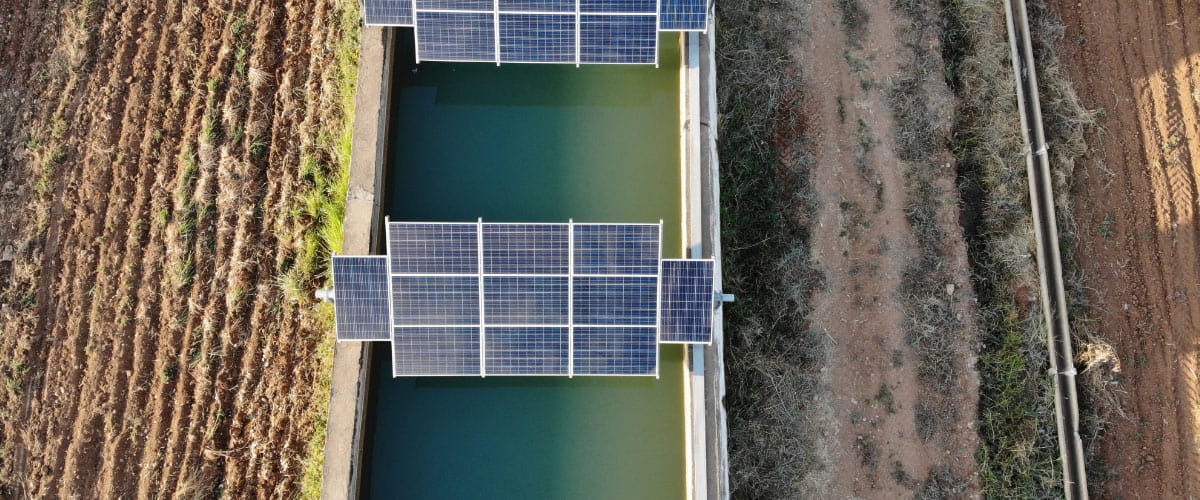
Agricultural solar – the benefits
Solar power is practical. Once the system has been installed, there is maintenance involved. However, this is not complicated and can be incorporated into the operations of the business. New Southern Energy offers a range of operations and maintenance packages that can make this process even simpler. Read more about these services here.
Solar energy is sustainable. This means that no harmful emissions are generated in the process. The amount of energy that the sun generates is enormous and cannot be depleted. It is therefore a more environmentally friendly power solution for any farm.
Many international produce markets place a high value on the practices in place at the farms from which they buy produce. The use of agricultural solar power is highly valued as a sustainable farming practice.
In many cases, agricultural solar power enables extended harvesting windows. Because there is an additional power supply on the farm, in warehouses or packing sheds, one is no longer restricted by external conditions.
Solar power provides measurable savings because solar plants continue to generate power long after the investment has been amortized. It also lessens one’s exposure to the risks of rising electricity and fuel costs.
Solar systems are versatile. These systems can be developed and adapted to suit your property’s layout and your site’s energy needs. Additionally, they can be grid-tied, or off-grid. This will depend on various factors.
Agricultural solar plants – a few examples.
Here are a few examples of agricultural solar systems that have been developed by New Southern Energy. These systems are all currently functioning and providing much-needed power.
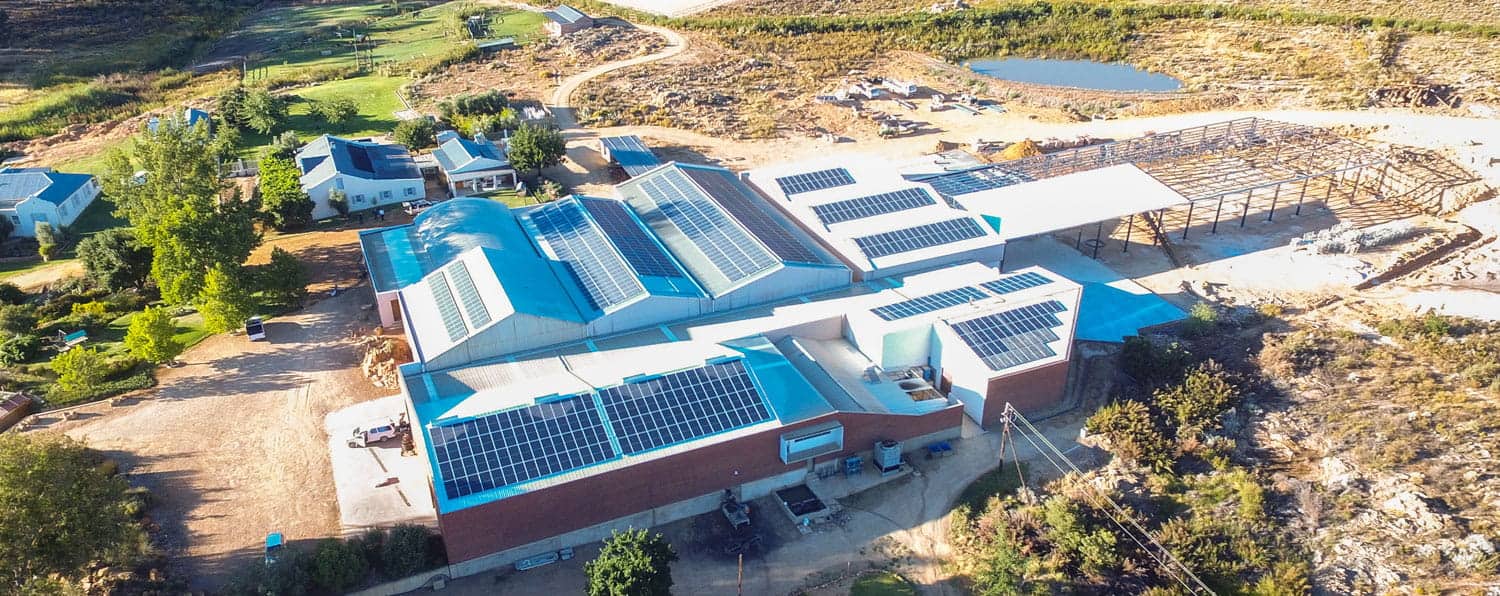
Cederberg Wines
Situated at a high altitude in the Cederberg Reserve, Cederberg Wines is a premium wine farm that produces a range of award-winning South African wines. New Southern Energy developed a photo-voltaic solar energy system that would not only reduce their electricity bill but also provide a measurable reduction in their carbon emissions.
This grid-tied rooftop solar system currently produces approximately 50% of the farm’s energy. It has also extended the harvesting window and enhanced the farm’s commitment to sustainable farming practices.
Read more about this system here
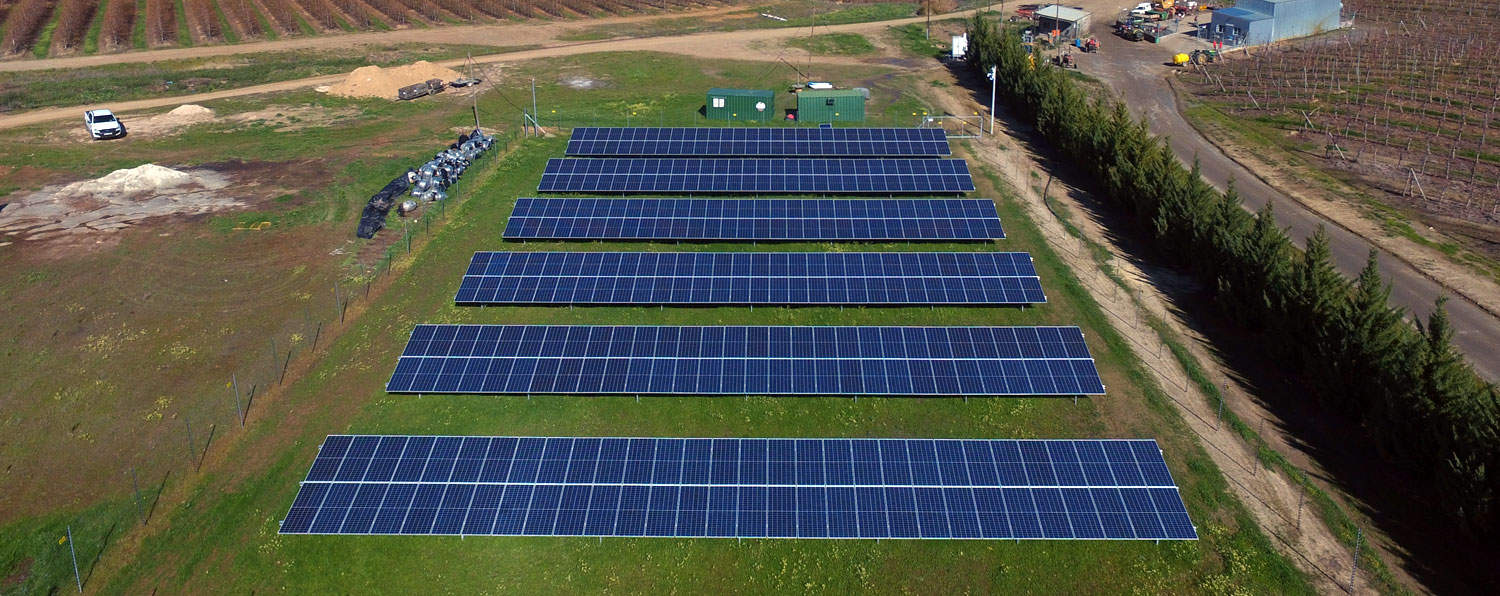
Vadersgawe Farm
Situated in the picturesque Ceres Valley, El Cuesta Farming are renowned for their juicy apples, pears, and nectarines are grown on the Vadersgawe farm. This farm is situated in the Ceres Valley, known for being the country’s fruit bowl. However, electricity shortages are an ongoing struggle in this area.
A ground-mounted, grid-tied system was developed by New Southern Energy on two separate spots on this farm. This way, the solar system takes up minimal space as underutilized ground not suitable for fruit development was used to build the plant.
Read more about this system here
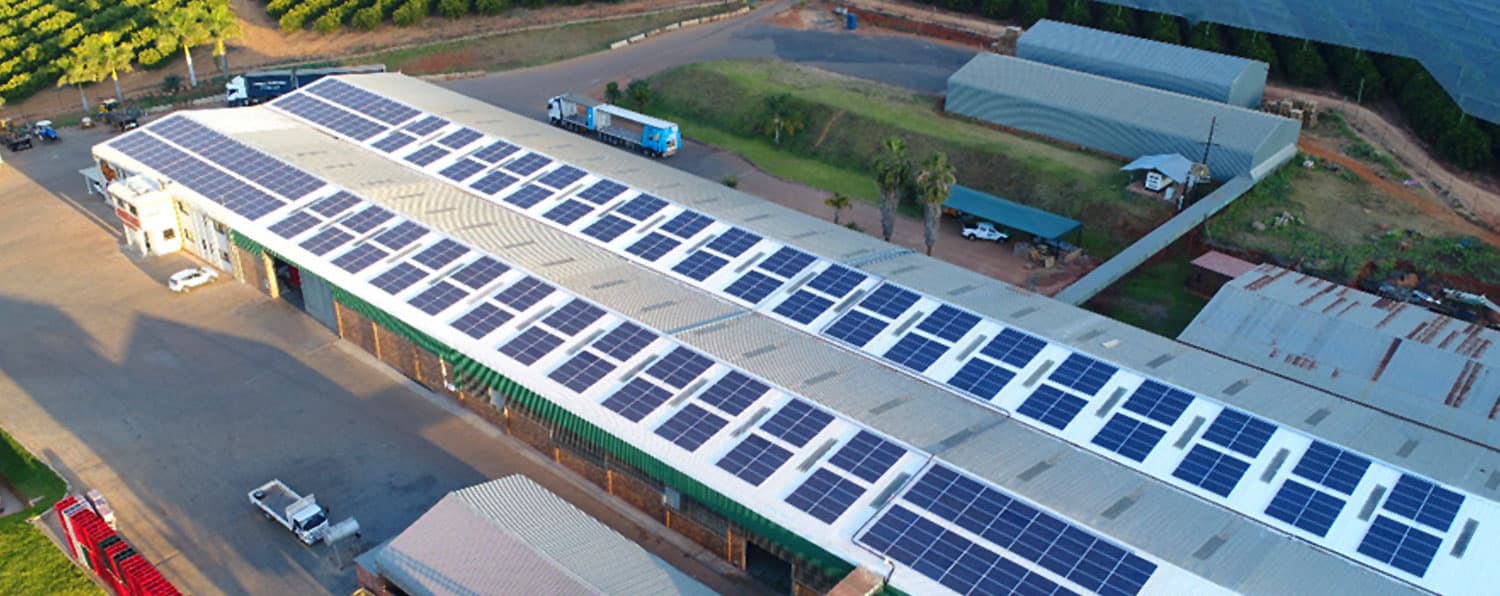
Joubert en Seuns
Joubert en Seuns is a well-established citrus farming operation based in Mpumalanga, South Africa. This thriving enterprise exports in excess of 9 000 tons of produce to the northern hemisphere each year. Complementary to the farming business, Joubert en Seuns also operate a much-loved farm stall on the arterial road connecting Mpumalanga and Gauteng.
The grid-tied roof top agricultural solar system is spread across both the farm stall and the packing shed. This way, passersby get to see the farm’s commitment to using sustainable energy. Additionally, the farm saves approximately 50% on its monthly electricity bill.
Read more about this system here


